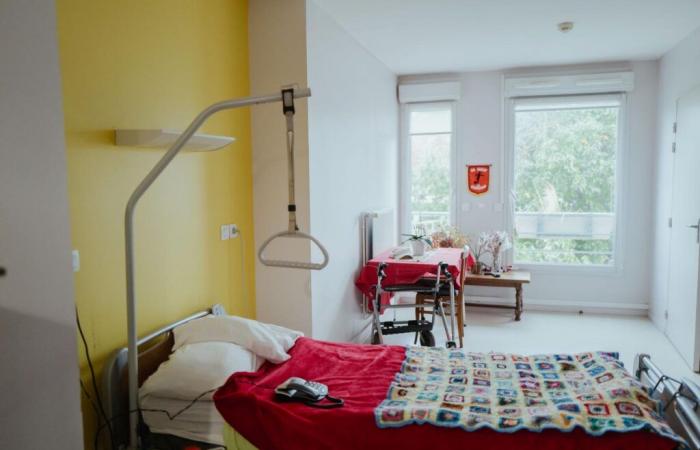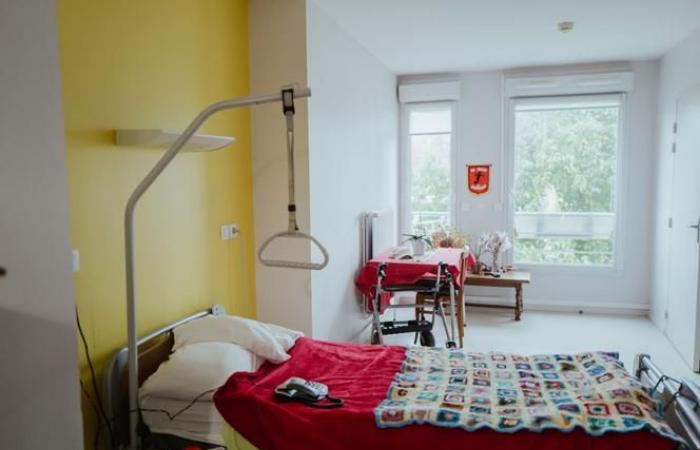Work more to replenish nursing homes, two-thirds of which are in deficit, support home help services, begin financing a law for the elderly: for the Senate, there is urgency. On the occasion of the examination of the Social Security financing bill (PLFSS), which begins Monday November 18 at the Palais du Luxembourg, Elisabeth Doineau, senator (Union of Democrats and Independents, UDI) of Mayenne and rapporteur general of the Social Security budget, will defend an amendment establishing a “contribution of solidarity through work”.
Following the same pattern as the “solidarity day” created in 2004 after the heatwave of 2003, the measure imposes seven additional hours of unpaid work each year on employees in the private and public sectors. It has every chance of being voted for by the senatorial majority of the right and the center. Employees could decide, with their employer or by branch, the distribution, over the year, of these overtime hours. Their employers would pay, in return, a fraction of the amount of social security contributions to the National Solidarity Fund for Autonomy, which finances policies for the elderly and disabled. Efforts to which, the senator assures, the French will agree, provided they understand that they « serve to face the wall of aging that is before us”.
The “contribution” would release, according to the senator, 2.5 billion euros per year. The President of the Senate, Gérard Larcher, took to the front line on Sunday to defend the measure: “We cannot constantly complain that we are not responding to the issue of autonomy and aging without responding with an approach of solidarity”he pleaded, in an interview with Sunday newspaper published Saturday November 16.
“Smart” idea
The Prime Minister, Michel Barnier, is more doubtful. “I am very reserved about this idea, which is complex to implement and which I am not sure will yield what some claim”, he confided to West FranceThursday November 14. According to our information, Mr. Barnier is also not in favor of introducing the system by way of amendment. In his eyes, prior consultation with the social partners is essential.
Also read (2016) | Pentecost Monday working or public holiday: how does the solidarity day work?
Read later
For his part, the Minister of the Economy, Antoine Armand, judged the idea on Thursday on Sud Radio “judicious”. Laurent Saint-Martin, Minister of the Budget, said « favorable » Sunday on LCI. “I think that everything that allows our country to show that we can work harder to participate in the recovery effort is going in the right direction”he had already said on October 29 on TF1. But “It’s a debate within the government, because the Prime Minister himself has expressed reservations” on the question, he corrected himself on Sunday.
You have 47.31% of this article left to read. The rest is reserved for subscribers.







